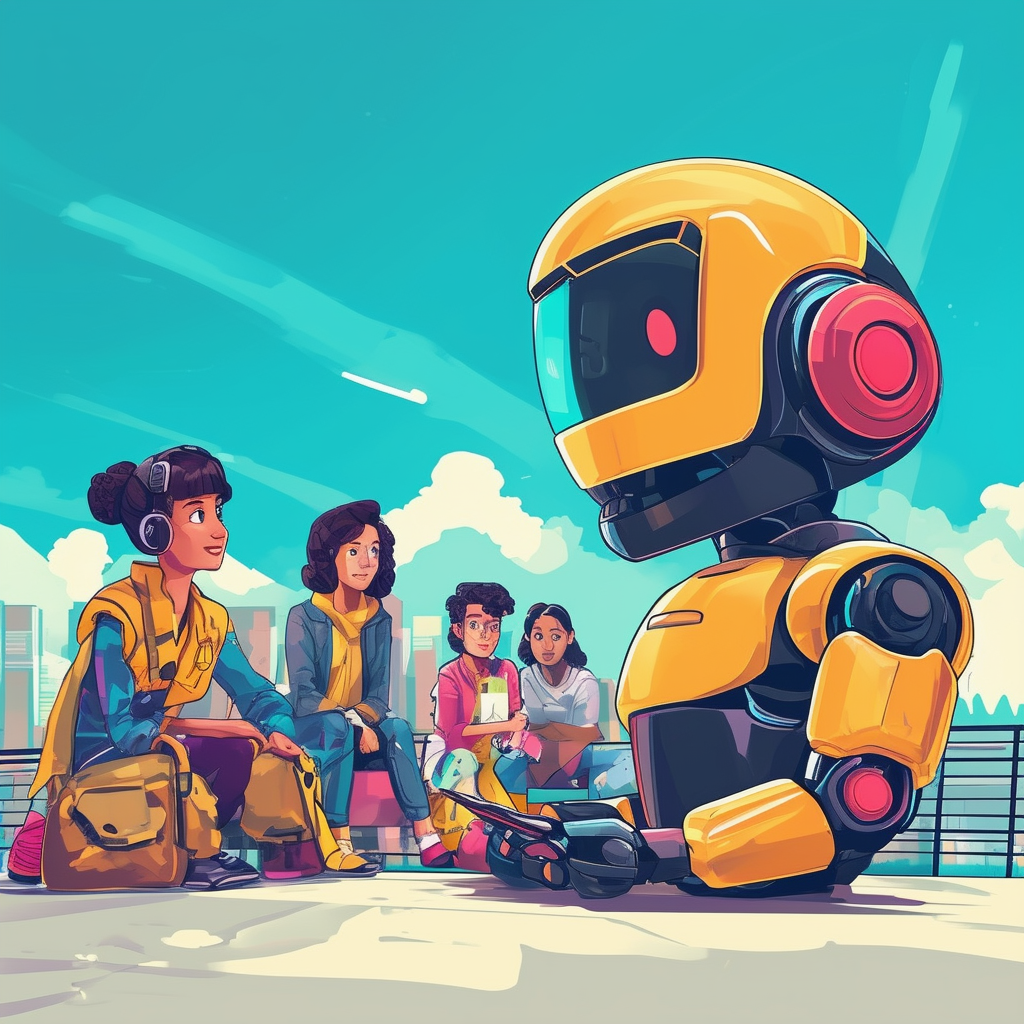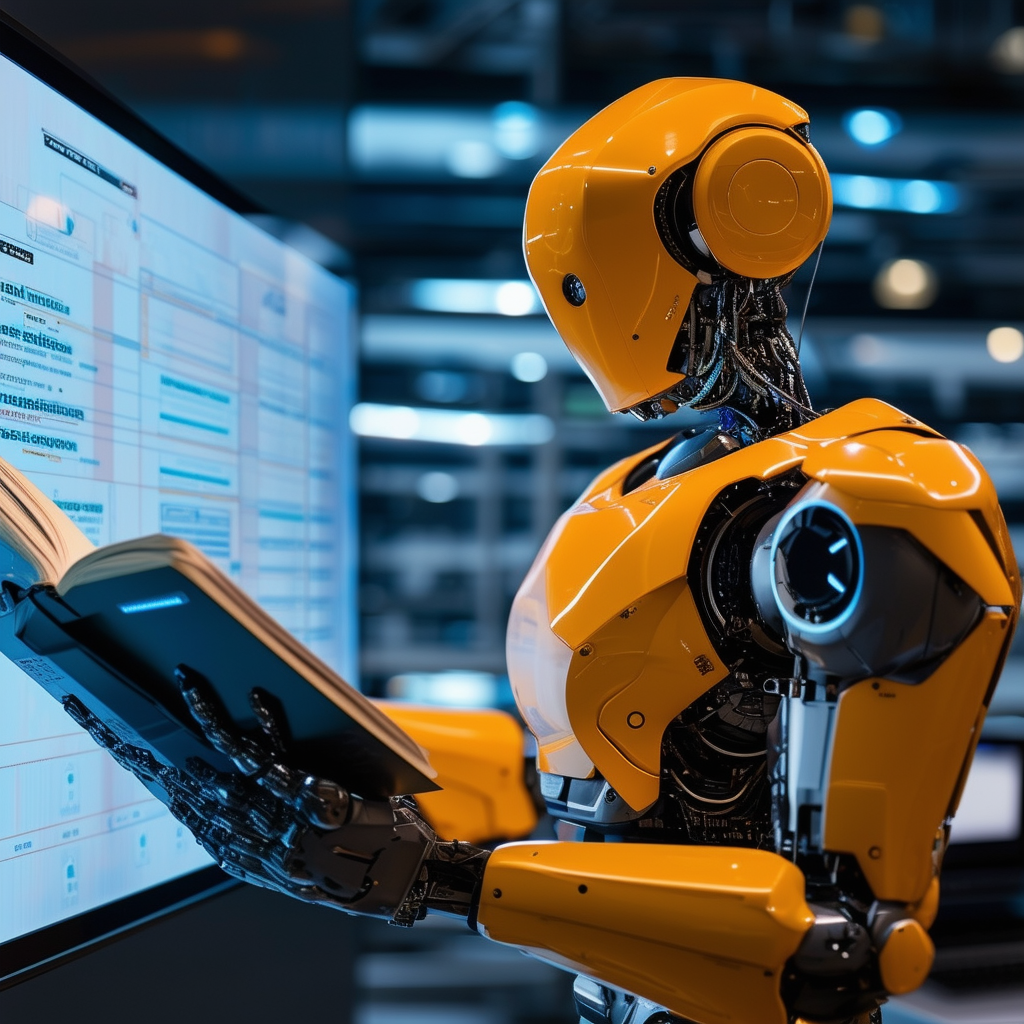
The adage about Customer being the King, has stood the test of time as Customer Experience came to be one of the most sought after areas for almost all companies to focus upon with the 2010s also giving us the User Interface and User Experience design fields putting the customer experience in the nucleus of anything a product desired to do. Customer Experience in itself is quite an intangible metric which tends to affect some of the most crucial elements like customer satisfaction, loyalty and intention to reuse product or service applications.
Considering that consumers require seamless, personalized and instantaneous solutions to their problems, companies are always on their toes in exploring innovative solutions which meet their expectation while helping the organizations stand out in today’s globalized market which again is continuously evolving. But is the use of chatbots like GPT4, Claude 3, GeminiPro justified as a means of upgrading the customer experience or is it just another fad about to fade out in near future?
Chatbots in 2024
Back in 2022 when OpenAI released their LLM ChatGPT for the world to access, people were quite amazed by the conversational AI technology and how it now simplified the means of being able to talk to machines using simple English as prompts. So much so that even Sundar Pichai recently admitted that Google as a company was taken by surprise over the popularity of OpenAI’s ChatGPT forcing them to act in a damage control mode working on releasing their AI technology to the public. But as we approach the midpoint of 2024, its no longer about novelty but context with GeminiPro releasing its latest model with 1M processed token context as well as Mistral 8X22B which has a 64K tokens context window.
In the last few years with chatbots coming to be seamlessly integrated in our day-to-day lives- in our homes, on our phones, on social media and practically any digital channel of interaction, AI has gone on from being a beacon of guiding businesses towards seamless integration to being the flag bearer of paradigm shift in how enterprises engage with customers and manage internal workflows.
But its not as easy as it seems, AI now makes considerable difference pop out between good and bad customer service where impractical or limited functionality chatbots which are unable to resolve queries satisfactorily tend to frustrate users whereas intelligent virtual conversational AI agents which manage to engage in solution oriented conversations, answer questions accurately tend to leave customers satisfied with the interaction.

Chatbot Powered Customer Service Experience
Not less than a decade ago, customers who needed quick assistance were often met with long wait times, the limitations of business hours as well as the low qualified service teams, often incapable of providing a satisfactory enough resolution in a single interaction. This lead to the traditional customer service leaving both customers and businesses in a state of dissatisfaction calling for the need of more efficiency.
With the evolution of digital platforms, that need was further amplified with the customers now expecting immediate resolutions as the bare minimum and making it quite clear that long wait times and inefficient ways of handling queries and concerns was no longer acceptable. With the advancements of chatbots powered by artificial intelligence and natural language processing, brands are now considering incorporating these LLM-powered chatbots across different touch points in the customer service experience, be it from understanding what the users need to drawing insights from them to successfully resolving queries

Rule-driven chatbots have been in existence for a long time but the difficulty with them was they cannot handle complex tasks and are not adaptable best-suited for predictable scenarios, like FAQs section but AI-driven chatbots can analyze and understand users’ requests while learning and adapting new information rendering them more flexible and capable of improving their performance. Apart from the adaptiveness, Natural Language processing being essential for AI-driven chatbots made them more susceptible for understanding and interpreting the nuances of human language including expression of emotions and intentions. However those are a few reasons for brands turning towards chatbots for improving customer experience.
Benefits Of Chatbots In Customer Experience
Apart from the basic benefits listed above, here are a few key benefits which is also prompting brands to go for Chatbots
- Round-The-Clock Availability– Chatbots do not work in shifts and can address queries and concerns at any time, no matter what part of the world and timezone a customer lives in, thereby ensuring customer service experience faces minimal downtime
- Quicker Response Time- Since chatbots have phenomenal processing speeds, the information is processed at a much quicker pace allowing them to answer customers’ questions with an immediacy which cannot by matched by their human counterparts.
- Cost Effective– Automating routine and repetitive tasks for a large number of inquiries translates into lesser requirement for hiring human resources for the same making the chatbot option a first line of defence for all customer interactions
- Accuracy And Consistency- Due to the AI-driven chatbots being based on rules or learned patterns, the risk of misinformation is highly mitigated and answers are reliable and updated which in turn enhances trust and customer satisfaction
- Omnichannel Support– Integrating chatbots across various communication channels allowing seamless support for customers across different channels be it through websites, messaging apps and social media platforms enhancing customer experience
- Data-Driven Insights- Chatbots can help companies adopt a more data-driven approach as they provide companies with more useful insights into customer preferences, trends and frequently asked questions helping brands in making more informed decisions and adapt as per customers’ needs
- Personalization- Chatbots upgrade the personalization game by understanding user behavior and preferences helping companies bridge the gap between customer needs and business goals.
- Scalability- With increasing number of requests and questions, there is a need for loads of interactions without affecting the quality allowing for scalability which is a very important factor for businesses to grow.
- Reduced Workload For Employees– Automating repetitive tasks with chatbot allows employees to focus on more complex tasks and perform more efficiently ensuring that their experience and expertise is better utilized where they are most needed





